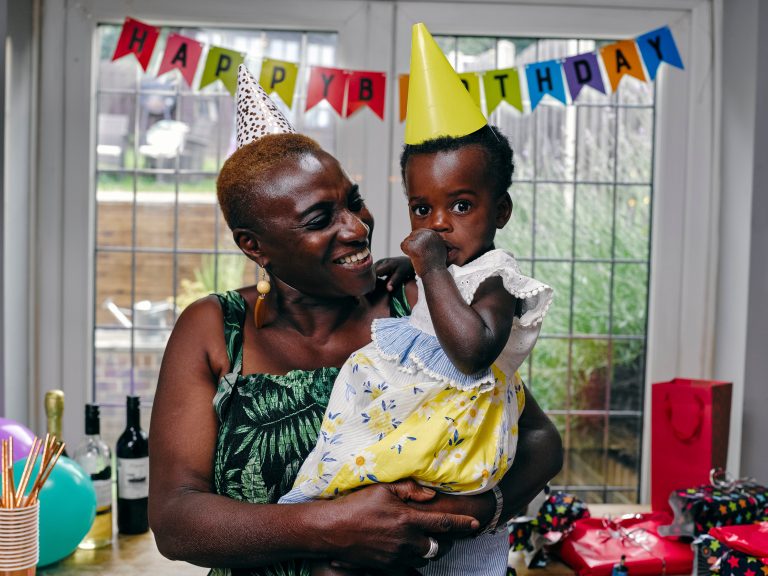A report published today by the Rees Centre and the national charity Kinship suggests that ethnicity has significantly impacted the experiences of Black and Asian kinship carers when trying to access crucial support.
Kinship carers are relatives or family friends who step up to look after children when their parents are no longer able to care for them.
Most of the Black and Asian kinship carers involved in the research said when they asked for help nothing was offered, leaving them feeling abandoned by the system.
The Raised by Relatives; The experiences of Black and Asian kinship carers research reveals that while Black and Asian kinship carers face similar barriers to other kinship families such as a lack of financial support, they also deal with specific challenges, including cultural stigma, systemic racism and limited access to support and tailored services.
The report says that these barriers intensified Black and Asian carers’ struggles and highlighted the need for improved understanding and service provision.
Some kinship carers reported that a sense of being judged, a lack of cultural understanding by professionals, and assumptions that help would be available to them through extended family support meant they were denied support.
Figures suggest that 1 in every 5 children of the 120,000 children living in kinship care in England are being raised by minority ethnic kinship carers.
However, there has been a major gap in research on the experience of kinship carers in Black and Asian communities, with organisations and service providers often not knowing what support to offer.
The study produced by the Rees Centre and Kinship and supported by the KPMG Foundation aims to address these gaps.
Rees Centre researchers Dr Priya Tah and Professor Julie Selwyn who led the research said: “The Raised by Relatives report addresses a gap in knowledge, as the research enabled Black and Asian kinship carers the space to share their experiences of raising a family member’s child.
“Universally, kinship carers need extra financial support and help to address children’s needs and feel that they are not navigating the challenges on their own. Black and Asian carers’ experiences were intensified by assumptions made by services, the absence of support groups tailored for specific ethnic groups and the impact of systemic racism on the carers and children they were raising.
“This report sheds light on these added complexities and provides recommendations that will enable carers to ensure their children’s needs are met and that they are safe, loved, and thriving.”
The findings will be used to ensure that services provided by Kinship and other organisations, plus policy and practice within Children’s Services are aligned to the specific needs of Black and Asian kinship carers.
Kinship Chief Executive, Lucy Peake said that their report shows that ethnicity plays a significant role in shaping the challenges and access to support experienced by kinship carers from Black and Asian communities.
“It’s vital that we listen to and learn from Black and Asian kinship carers who are often being let down by professionals who fail to understand their specific needs and use the report to improve policy and practice across the sector to better support these families.
“We will reflect on the findings so we can begin to understand how Kinship and our partners across the sector can fill the major gaps in our knowledge and practice to ensure Black and Asian kinship carers can access the tailored support they need.”
One of the 37 research participants is Orphelia, 58, from London, who is raising her teenage grandson said that for children from Black Caribbean and Asian communities, the specific support is just not there for them.
“Support workers, mentors and social workers connected with my grandson have been Caucasian and he has not been willing to engage with them. It has taken years for us to get an African Caribbean social worker who understands his culture and who he is now responding to.
“If I was white, I feel I would be listened to more. When I ask the same professionals for the same support that white kinship carers receive, I don’t get it.
“It’s clear to me that ethnicity is the issue. It happens regularly and it’s frustrating because it’s our children who suffer without the right support.”
The report’s recommendations include:
- A public awareness campaign to reach and engage Black and Asian kinship carers about available information, advice and support
- Comprehensive financial, practical and emotional support for Black and Asian kinship carers, targeted peer support, adequate and appropriate housing, support for children in kinship families and help to manage family relationships
- Professional curiosity and cultural competence among professionals
A workshop will be organised for kinship carers and professionals in April which will take the report findings and translate them into an action plan for the sector.










